After nearly two weeks of launching attacks and advancing towards the capital, the opposition force Hayat Tahrir al-Sham (HTS) led by leader Abu Muhammed al Jolani captured the capital Damascus, forcing President Bashar al-Assad to leave the country.
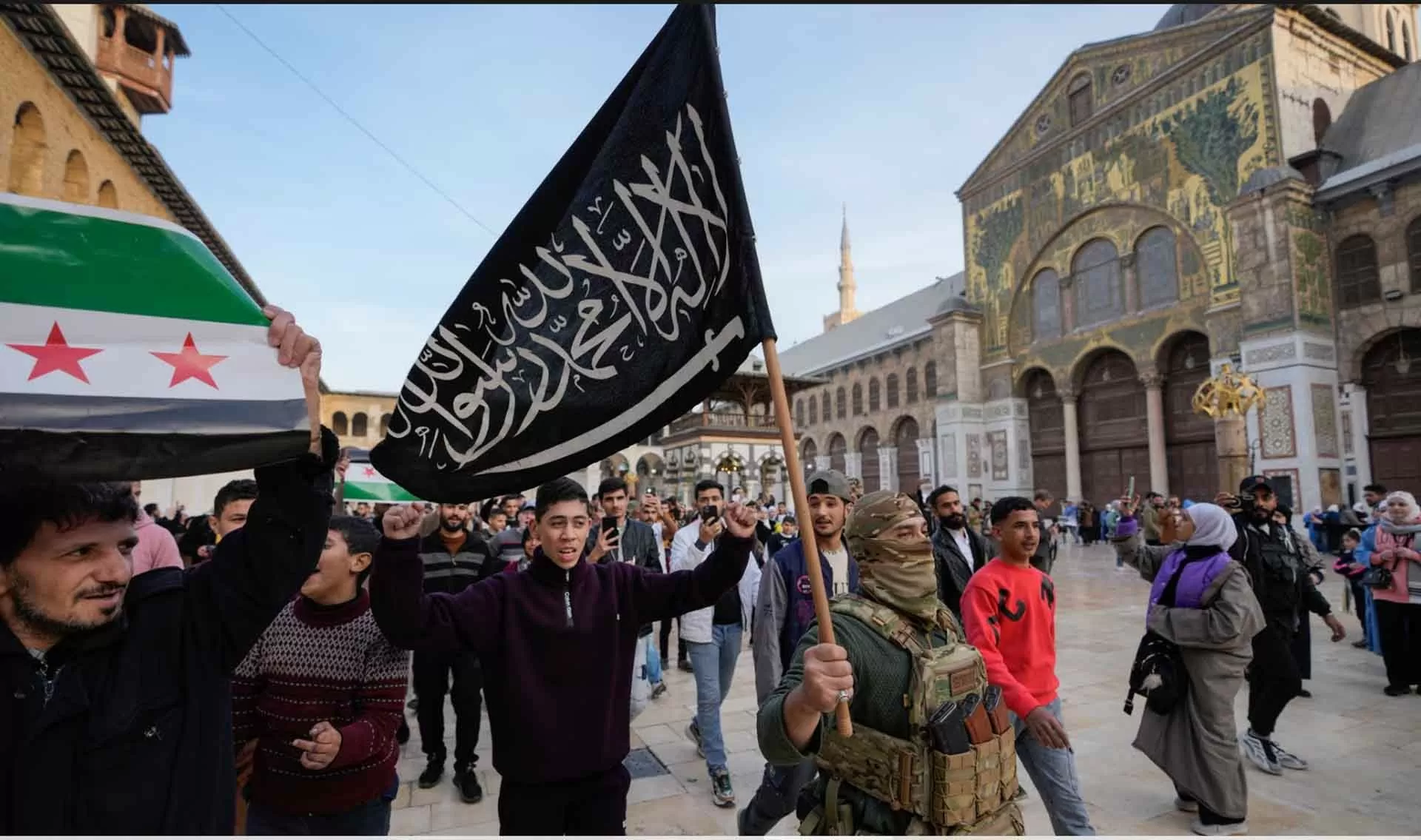 |
| People welcome HTS forces waving their flags as they enter the capital Damascus, December 8. (Source: AP) |
The swift collapse of President Bashar al-Assad’s regime has taken the public by surprise. This has ended a decade-long war in Syria, but could leave the country, which has suffered much in the Middle East, facing a new uncertain future.
Cause of collapse
Within just 11 days from November 27, when HTS under the leadership of Abu Muhammed al Jolani and other opposition groups began to join forces to attack and advance towards the capital, on the morning of December 8, the regime of President Bashar al-Assad collapsed. The main reason for this rapid disintegration is believed to be that the majority of Syrians no longer support his “family rule” regime, which has lasted for more than 50 years, since his father, President Hafez al-Assad, came to power in Syria in 1971.
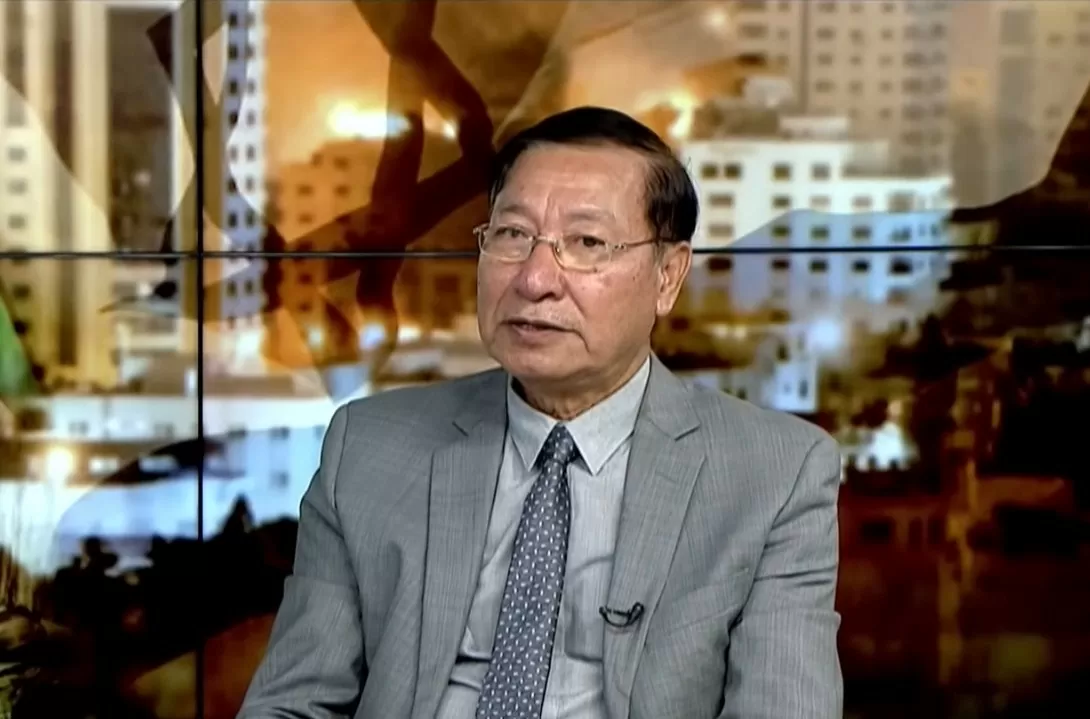 |
| Ambassador Nguyen Quang Khai, former Vietnamese Ambassador to Iraq, UAE and several Middle Eastern countries. |
When his father died in 2000, Bashar al-Assad was elected President and ruled the country until HTS swept into Damascus. When opposition forces led by Abu Muhammed al Jolani entered cities, many people poured into the streets to welcome them, expressing joy.
Syria is one of the few countries in the Middle East that is rich in natural resources, from oil, gas, to uranium, copper, iron and many other important minerals that are very favorable for the development of a modern industry. The abundant water resources of the Euphrates River are a great advantage for agricultural development in Syria.
However, persistent ethnic conflicts, factional rivalry, and the involvement of many external forces, along with internal problems, are said to have hindered the country's development. The Syrian economy has been in a difficult situation for many years, causing the Syrian currency to depreciate severely. If in 2020, 1,150 Lira was equivalent to 1 USD, by the end of 2024, it would have reached 17,500 Lira to 1 USD.
According to the New York Post, after more than two decades as the head of the Syrian state, the assets of Bashar al-Assad's family are said to have reached about 2 billion USD. If this number is correct, it is indeed a very large number because Syria has always suffered a series of sanctions from the West while the lives of its people are in difficulty with about 90% of the population living below the poverty line.
During his more than 20 years in power, Mr. al-Assad has brutally suppressed protests against his government. The civil war has killed more than half a million people and forced more than 11 million to flee the country, accounting for half of Syria's population.
Meanwhile, after 14 years of sanctions and constant confrontation with ethnic conflicts, the Syrian army has become exhausted, lacking weapons and fighting spirit. This can be seen when the opposition forces entered the cities and the capital Damascus, they almost did not encounter any significant resistance from the army. In particular, the General Command of the Syrian Armed Forces is said to have ordered the army to lay down their weapons to avoid the situation of "cooking flesh and blood".
In addition to internal causes, another important factor is that Syria's key allies, including Russia, Iran, Iraq and Hezbollah forces in Syria, are also facing many difficulties and cannot support Damascus in reversing the situation.
Furthermore, the Arab countries, despite having normalized diplomatic relations with Damascus, seemed unable to do anything about the rapid collapse of President Bashar al-Assad’s regime. On the other hand, after four years of ceasefire with government forces, the opposition forces had enough time to consolidate their ranks, re-equip themselves with weapons, and, not to mention, with foreign support, became much stronger. They launched a surprise attack, leaving the Syrian government unable to react.
Missed opportunity
However, the situation could have been different if President Bashar al-Assad had taken advantage of some good opportunities. That opportunity could have been to take advantage of Arab countries that normalized relations with Syria in 2023, such as Saudi Arabia and the United Arab Emirates (UAE), when the country was reinstated in the Arab League (AL) after 11 years of suspension. Earlier this year, Mr. al-Assad also had the opportunity to improve relations with Turkey, establish better relations with the US and Western countries to reconcile with the opposition under the 2017 Astana Agreement. But he refused to meet his Turkish counterpart Recep Tayyip Erdogan, setting a number of conditions for the meeting, including the withdrawal of Turkish forces from Syrian territory.
On the international front, in 2024, after Syria returned to the Arab League, many European countries, including Italy, Austria, Cyprus, the Czech Republic, Greece, Croatia, Slovenia, Slovakia and several others, expressed their willingness to reassess their relations with the al-Assad regime. These countries also proposed appointing a special envoy of the European Union (EU) to Syria to resume relations with the al-Assad regime, including easing European sanctions against Syria.
Italy recently appointed an ambassador to Damascus, becoming the seventh European country to open an embassy in Syria. US Ambassador to the United Nations Linda Thomas-Greenfield said Washington would consider lifting sanctions on Syria if progress was made in resolving the conflict. But President Bashar al-Assad has passed up these opportunities.
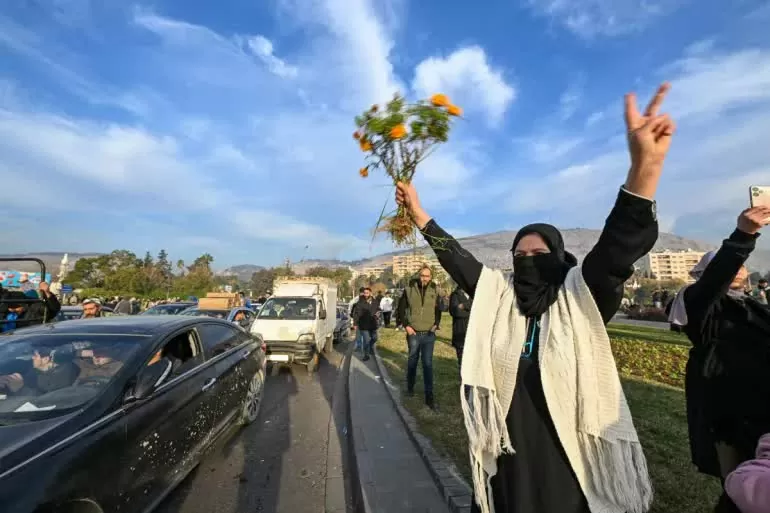 |
| People celebrate at Umayyad Square in Damascus on December 8. (Source: AFP) |
Facing an uncertain future
A new page has opened in Syria’s history. But ahead are not only opportunities but also many major political, security and economic challenges. Mr. Salem Al-Musalat, the political leader of the opposition, has presented a roadmap for the transition process. Accordingly, a transitional body will be established to govern the country within 18 months, after which parliamentary elections will be held and a civilian government will be formed. However, many observers believe that establishing a new government in Syria will not be easy.
The biggest challenge in the country is that there are more than 15 different political, religious and ethnic groups, even some terrorist organizations such as Al-Qaeda, the Islamic State (IS) and extremist groups that have not been defeated. Each of these groups is backed by an outside force.
HTS is supported by Türkiye. The Kurdish Democratic Forces (SDF) and their armed wing (YPG) are backed by the US. The government of President Bashar al-Assad is backed by Russia, Iran, Iraq and Hezbollah while Arab countries support Sunni Muslim organizations...
More importantly, the opposition forces are united in overthrowing the Bashar al-Assad regime, but each group has its own ideology and political and economic interests, so a power struggle after the Bashar al-Assad regime is inevitable, and the possibility of foreign countries directly intervening cannot be ruled out.
If that scenario happens, Syria could once again fall into new conflicts between factions, even dividing the country. In addition, the problem of rebuilding the devastated country, repatriating millions of refugees, which according to the United Nations will require 400-500 billion USD, are also urgent and difficult tasks awaiting the new government.
Effects in the Middle East
The collapse of the Syrian regime has created a major shock not only in Syria but also changed the balance of power in the Middle East, especially possibly reviving the Arab Spring movement. Under the government of President Bashar al-Assad, Syria was a springboard for Russia to maintain and expand its influence in the Middle East and the Mediterranean, and a bridge for Iran to transport weapons and ammunition to Hezbollah in Lebanon. Now, Russia and Iran will lose a close ally in the region.
The Russian military bases in Tartus and Hmeimem are at risk of closure. The Iranian-led axis of resistance will be in trouble. Israel will be freed up to intensify its attacks against Hezbollah in Lebanon, Hamas in Gaza and the Houthis in Yemen. Taking advantage of the situation, Israel has launched a series of airstrikes on airports and military facilities in Syria. Meanwhile, the terrorist threat remains.
According to the United Nations, about 6,000 IS fighters are still hiding in Syria and Iraq. It is possible that terrorist organizations will take advantage of the instability in Syria to restore their activities, causing the already unstable region to fall into a new spiral of violence.
Source: https://baoquocte.vn/dai-su-nguyen-quang-khai-binh-luan-ve-con-dia-chan-bat-ngo-o-syria-va-tuong-lai-khu-vuc-297096.html






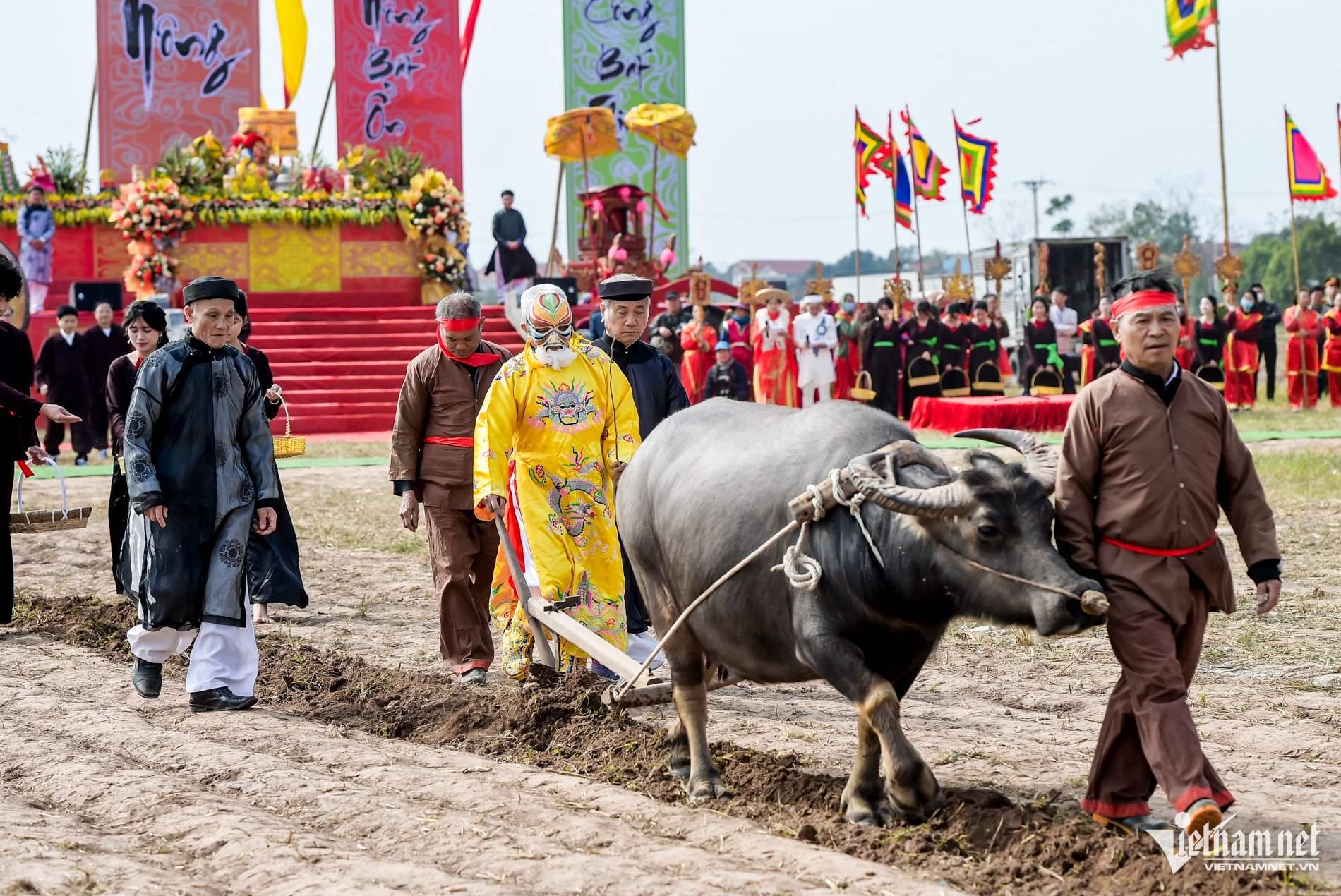


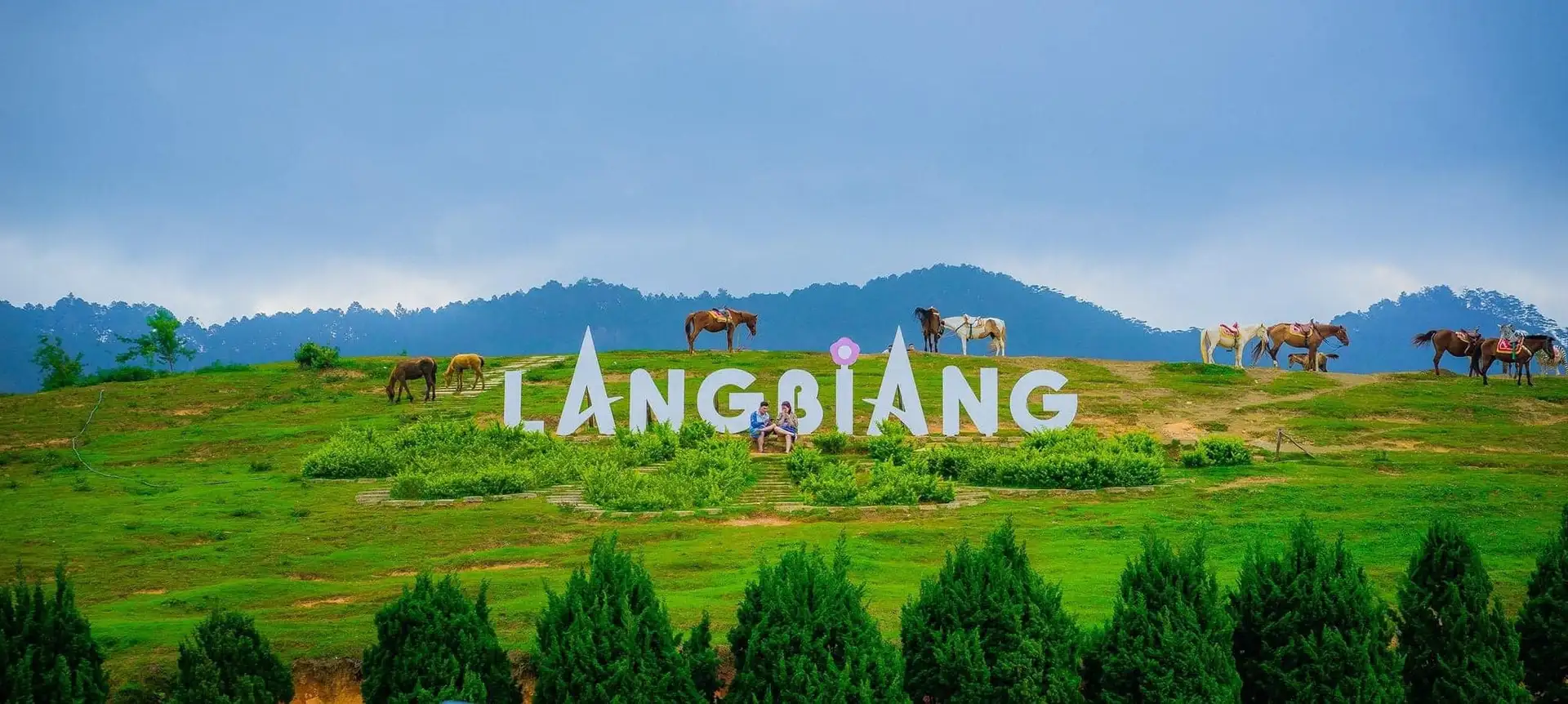
















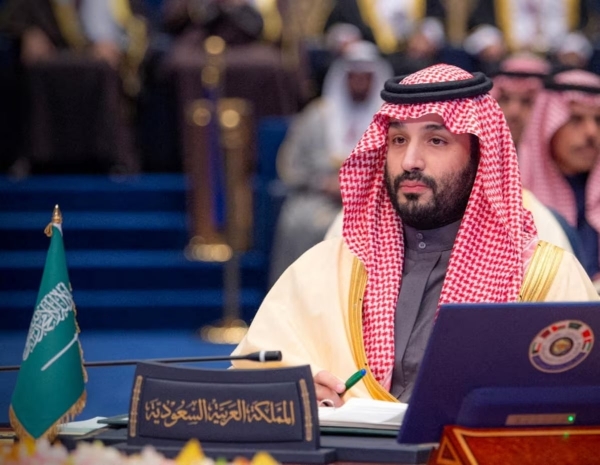
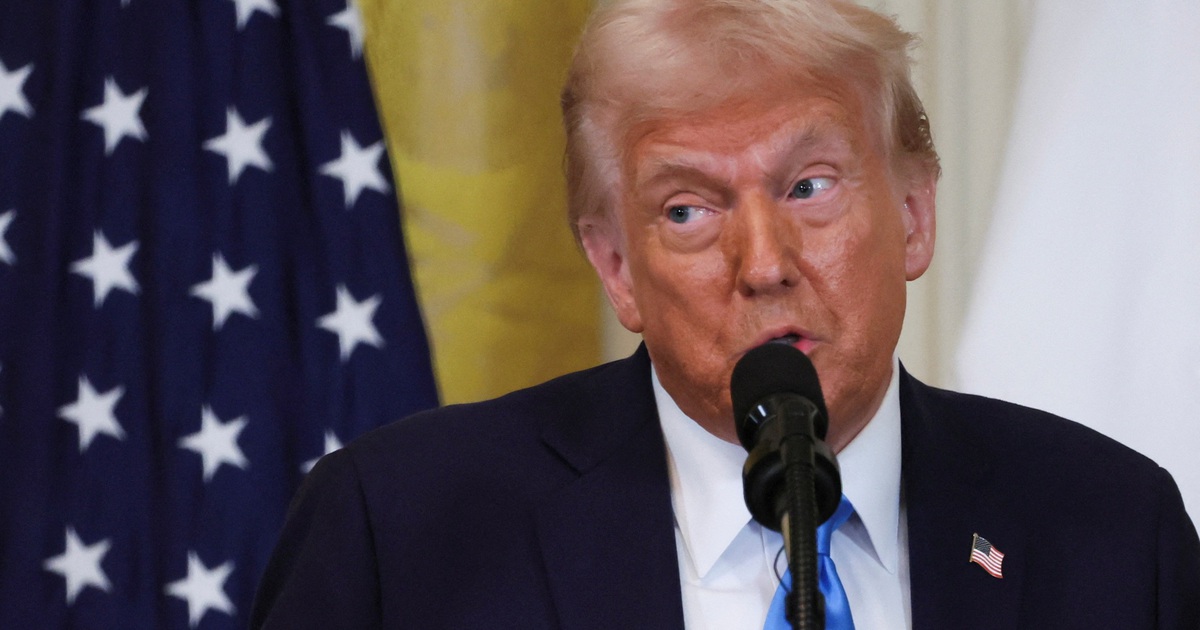
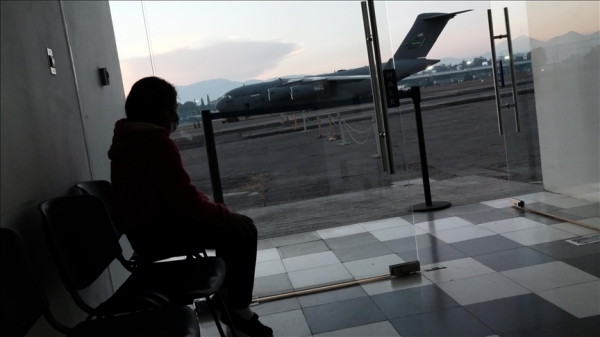
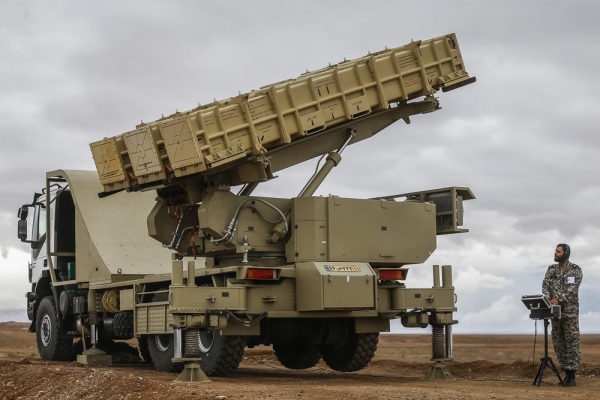

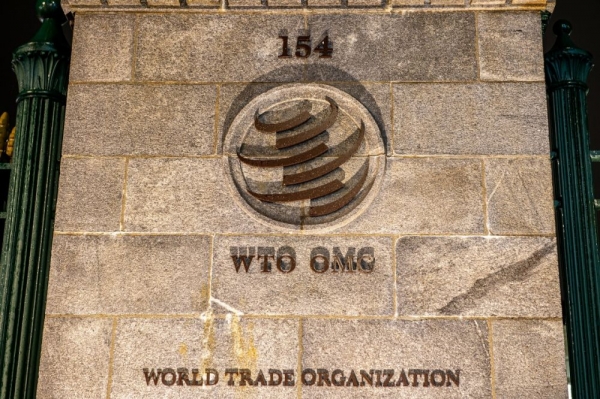













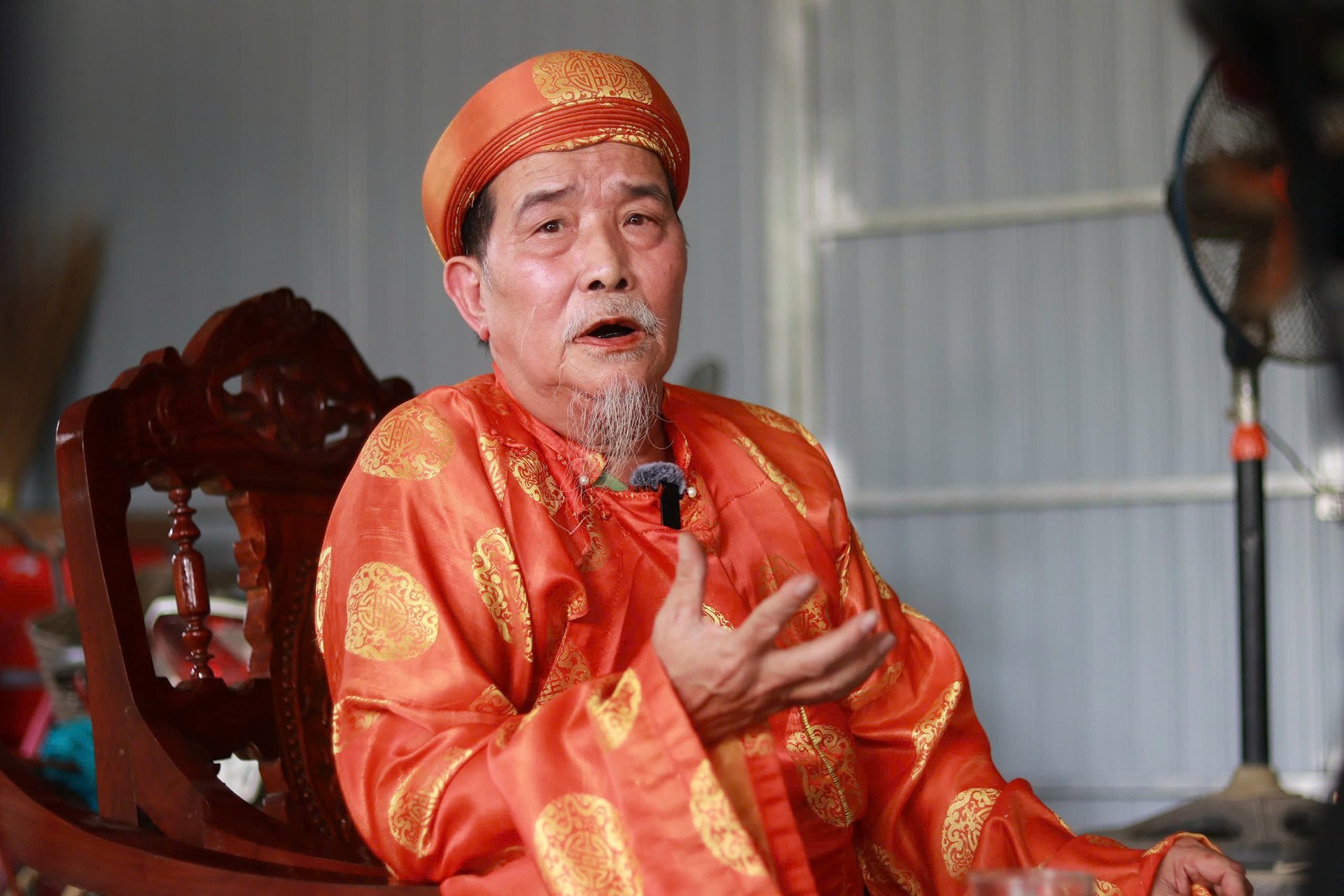






Comment (0)